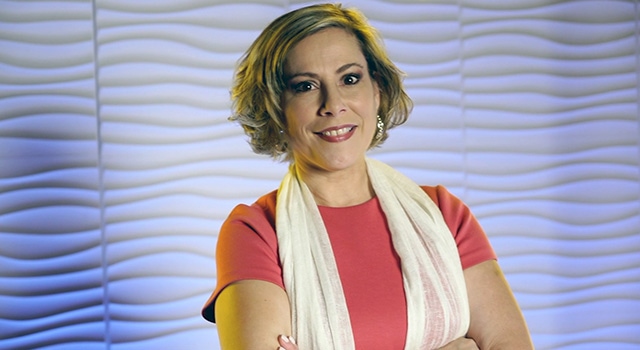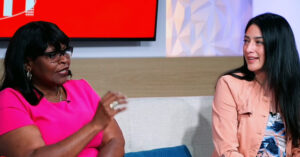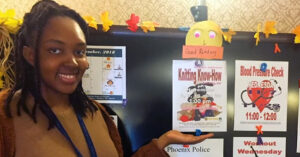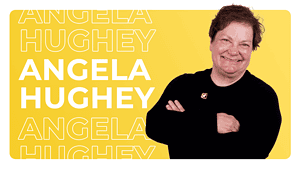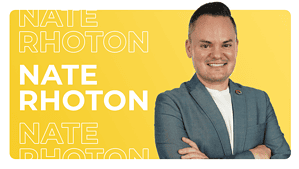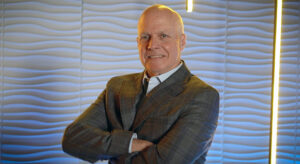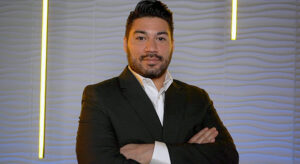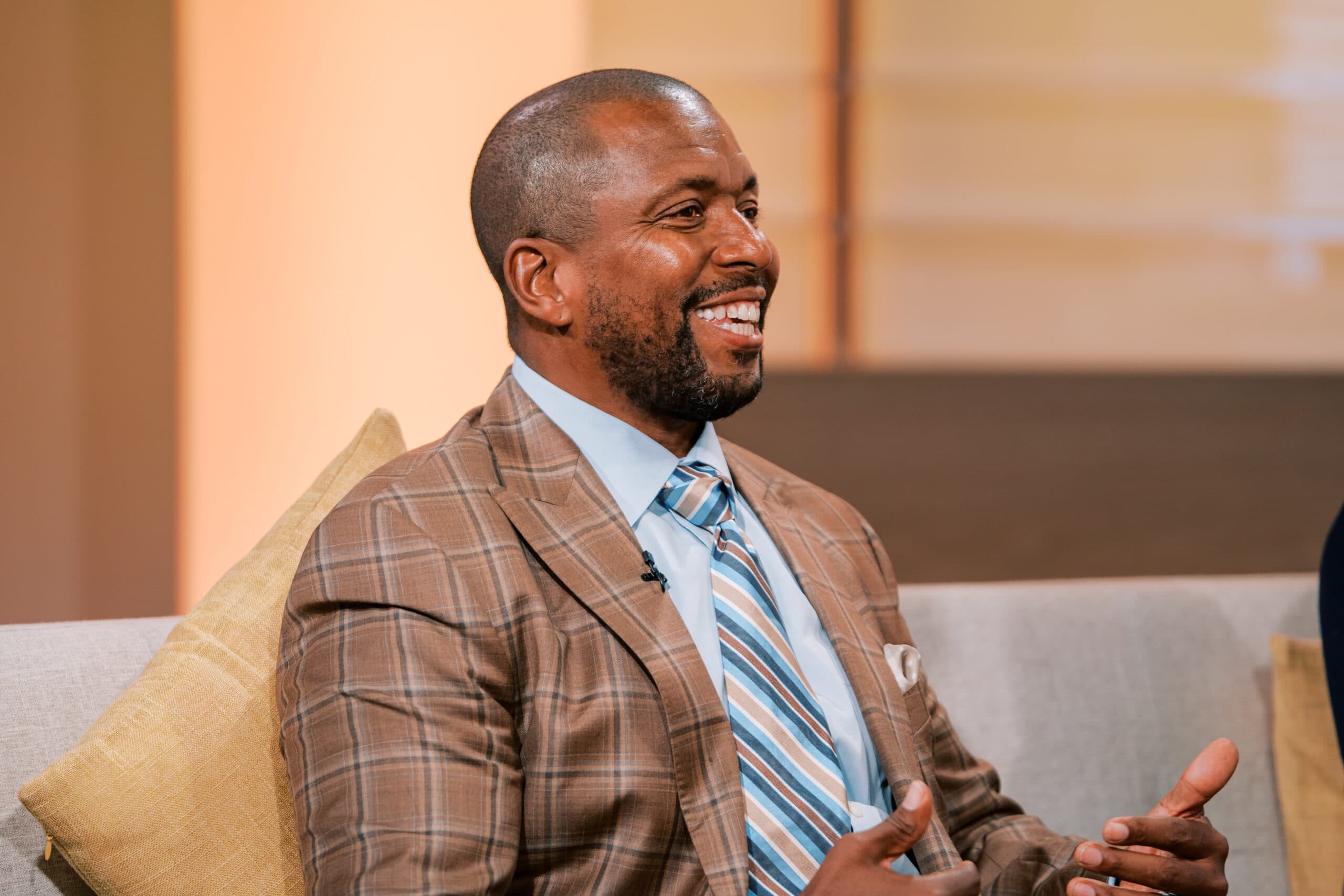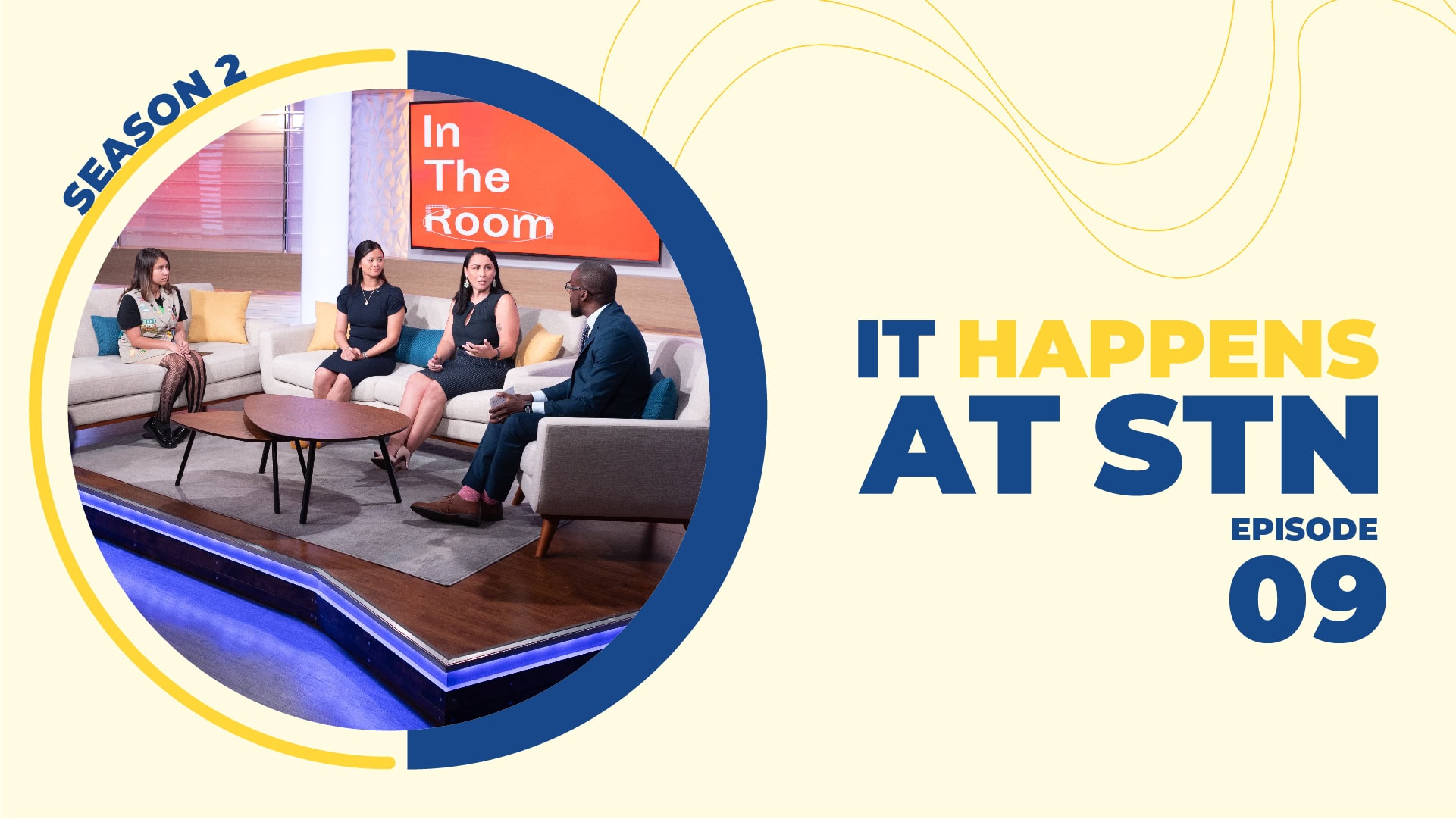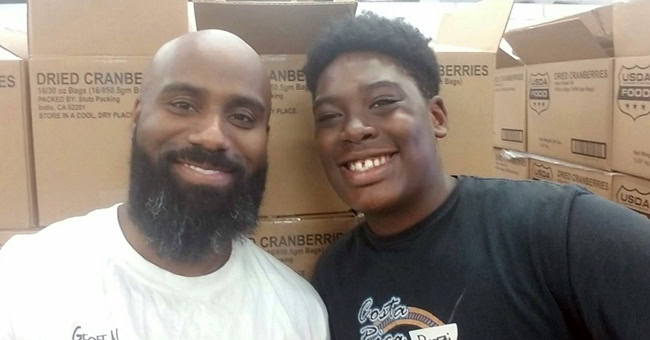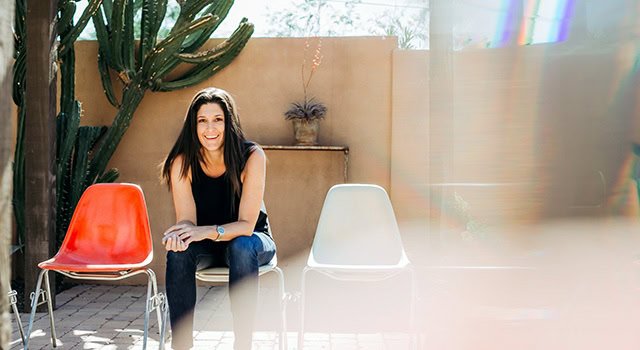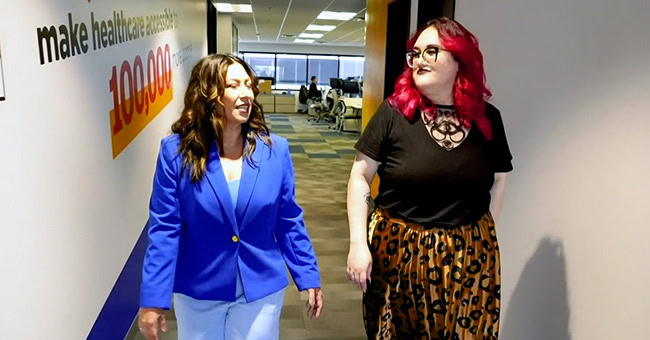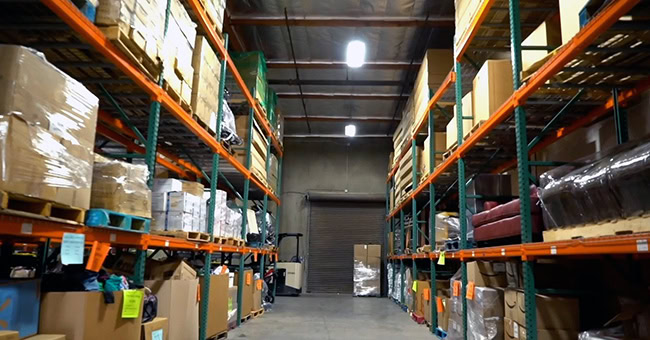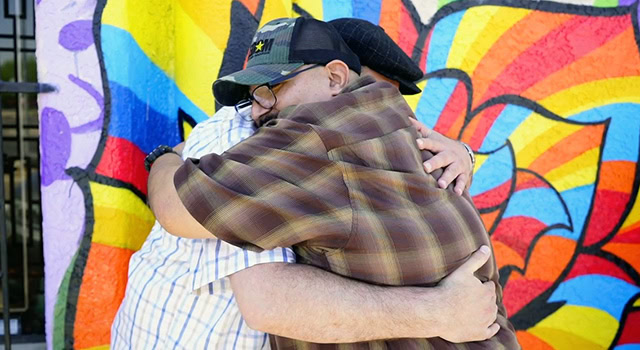Carla Vargas Jasa, a first-generation American, has intricately woven her unique life experiences into a remarkable path dedicated to community work. Her inspiration stems from her father’s remarkable courage during the Paraguayan dictatorship, where he endured imprisonment and torture for championing human rights. Carla’s resolve to drive change in society was deeply fortified by this powerful example.
During her time at Berkeley, Carla actively participated in protests following the beating of Rodney King, which profoundly impacted her understanding of the potency of collective action and advocacy. These early experiences shaped her commitment to addressing critical human rights issues, ultimately guiding her to her current role as president and CEO at Valley of The Sun United Way.
Web exclusive extended interview below:
STN:
Tell us about your childhood. Where did you grow up, and are there any fond memories from your childhood you can look back on?
Carla Vargas Jasa:
I’m actually a first-generation American. My parents moved here from Paraguay after my dad’s activism against the dictatorship in that country. He spent time in jail and was tortured because of his activism. Eventually, my parents were blacklisted by the government and were forced to leave Paraguay. I was a week away from being born German because my dad received the acceptance letter for his graduate program at Penn State a week earlier than he did for the program he had applied to in Germany.
I was born in international student housing at Penn State with my mom, not yet quite proficient in English, but knowing they wouldn’t be able to return to Paraguay because they were blacklisted. She taught me English, and from there we moved around the country and even the world. After leaving Pennsylvania, we arrived in Arizona. Our first stop was Tucson. My dad was a professor at the University of Arizona, and then we moved to Guadalajara, Mexico, where I learned Spanish at the age of four.
Moving was a consistent part of my childhood. My dad would grow bored with his jobs, so we never spent more than two or three years in any one place, which was challenging growing up. I learned many lessons about resilience, how to get along with people, and how to navigate and find my place in the world.
STN:
Given your background and upbringing, it seems like it influenced your career path. What eventually led you to enter your current line of work, tell us about the journey to reach your present position.
CVJ:
What drove me towards this profession is deeply ingrained in my family. My father, being a human rights advocate, inspired my desire to combat human rights abuses. Initially, I wanted to work in South America, addressing human rights issues in emerging democracies. During my college years at Berkeley, a politically charged time marked by Rodney King’s arrest and verdict, I found myself amidst the same kind of protests my father had been involved in. While my father protested injustice while I was in school at Berkeley, I began to understand all of the prevalent human rights issues within our own communities here in the United States.
In Berkeley, I witnessed homelessness for the first time in this country and saw how society neglected individuals rejected by their families. I observed the struggles of people dealing with mental illness and learned about educational disparities among children based on their neighborhoods. All of these experiences made me realize that pressing human rights concerns existed in our own country. This realization shifted my focus from wanting to become a lawyer and studying political science, leading me to recognize a genuine opportunity to address these issues within the local nonprofit sector.
STN:
How did you get involved in the nonprofit sector? How did you get involved with Valley of the Sun United Way, and what was your journey like to your current position as President and CEO?
CVJ:
When I was in college, my passion for political science was ignited during a class that completely reshaped my understanding of the subject. It emphasized power not in terms of physical strength, but in diplomacy, negotiation, and influence to advance shared goals. In my case, the central goal was human rights.
After graduating from Berkeley, I briefly worked at a law firm but soon realized my true calling was to work within the community. I started at a domestic violence organization, assisting women experiencing domestic violence in obtaining restraining orders. Through this role, I became acquainted with United Way, recognizing it as an organization that comprehensively grasped community needs and effectively brought together the right stakeholders to address them.
STN:
What are some of the initiatives and programs that you all are working on at Valley of the Sun United Way, and what are some things you are planning for the future?
CVJ:
Valley of the Sun United Way has embarked on a new journey, a reinvigorated one geared at making a significant impact on the community in Maricopa County. I am thrilled about the momentum we’ve gained post-COVID, establishing clear, achievable five-year objectives to combat homelessness by reducing it by 50%. While our ultimate aim is for no one to experience homelessness, this is a measurable goal for the next five years, and we are actively pursuing it. Specifically, we are addressing encampments and striving to devise lasting solutions for the entire county.
We’re also placing significant efforts to elevate third-grade reading levels, a priority that suffered during the pandemic. Additionally, we prioritize connecting young adults aged 16 to 24 to education or employment, a crucial step for their future success.
Acknowledging the critical importance of health, we are dedicated to creating healthier environments and enhancing healthcare accessibility. We are emphasizing workforce development, closely linked with education. This inculdes providing young people with every opportunity to secure excellent employment and succeed. For adults caught in low-paying jobs with limited prospects, we are presenting pathways to further education, giving them access to a way forward toward better opportunities.
STN:
How important is collaboration in the work you do? What specifically do you look for in an organization when trying to collaborate?
CVJ:
Collaboration is absolutely critical if you want to accomplish anything. Having a number of people work on tasks simultaneously doesn’t usually lead to success. You can only achieve so much on your own. However, when everyone comes together and combines their efforts, you can accomplish a lot more. Sometimes it takes time to gather everyone and align, but investing that time to unite people is crucial.
In collaboration, what I seek are not just linear partnerships. As I mentioned, multifunctional, multifaceted collaborations are what make a real difference. It’s about organizations and individuals sharing the same values, embracing similar approaches to address issues, and committing to being together for the long term. At the same time, we aim for tangible results in the short term, which we can track as we progress.
STN:
How do you like to be approached when it comes to pitching a working collaboration between VSUW and another organization?
CVJ:
I’m easily accessible, perhaps more than my team prefers. My phone number is public, and my email is always available. If you reach out to me, whether we share interests or not, I’m more than happy to connect and hear your thoughts. I’ll link you with the appropriate individuals, whether they’re local, national, or international. Given the extensive United Way network, addressing a wide array of issues in various communities and countries, there’s often a match that can be made within our network.
STN:
Most people spend their entire lives searching for a purpose or a mission in their work. It appears you’ve found yours. Could you describe what it’s like to go home every day, knowing that you’re an integral part of something substantial and actively contributing to positive change within the community?
CVJ:
I often reflect on how fortunate I am to wake up every morning and have the opportunity to serve in this role. Bringing people together and addressing critical human rights issues in our community is a privilege.
It’s immensely fulfilling to ensure someone has a shelter, especially when the temperatures soar to almost 120 degrees, or that a young person has access to books they can take home, which they might not have had otherwise, making sure children have a meal before they start their day and ensuring people have access to necessary healthcare.
Every day, I’m reminded of what an honor it is to lead Valley of the Sun United Way. It’s a role I never imagined I would have, and the confidence they have expressed in me since I started has been incredible. I’m truly excited about what we’ve accomplished so far.
While there’s much more work ahead, I’m confident that with the momentum we’ve built, we will achieve our community’s goals and continue to make a significant impact.


